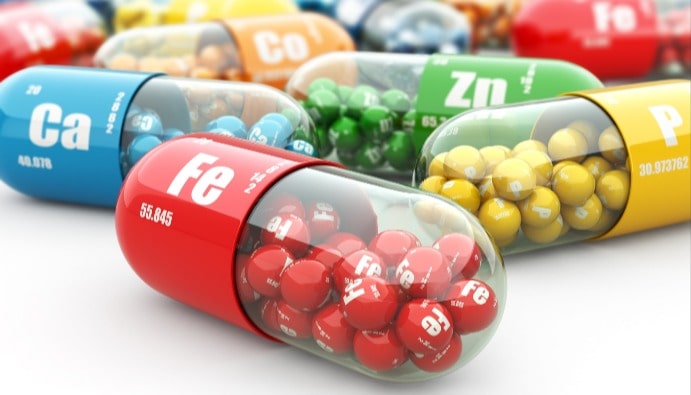
BLOG
KATEGORİDEKİ DİĞER YAZILAR

Food supplements are products used to fill nutritional deficiencies or to promote health. However, the safety and efficacy of such products depends on the presence of harmful ingredients such as microbiological contamination, heavy metals and aflatoxins.
Within the scope of the “Turkish Food Codex Communiqué on Supplementary Foods”, “Supplementary Foods” are substances of plant, herbal and animal origin that contain nutritional elements such as vitamins, minerals, proteins, carbohydrates, fiber, fatty acids, amino acids or other nutritional or physiological effects in order to supplement normal nutrition, It is defined as products that are prepared in capsules, tablets, lozenges, disposable powder packets, liquid ampoules, dropper bottles and other similar liquid or powder forms of concentrates or extracts of bioactive substances and similar substances alone or in mixtures and whose daily intake dose is determined.
Today, the consumption of dietary supplements has increased. Food supplements produced and offered for sale in accordance with the relevant regulation must pass parameters such as microbiology, heavy metal and toxicological tests.
Non-sterile food supplements can be contaminated with microorganisms at many stages such as harvesting, processing, packaging, storage, transportation in herbal medicines. Causes of contamination in general;
The tests include total aerobic bacteria count, total yeast and mold count, Escherichia coli, Salmonella, Staphylococcus aureus and Clostridium count.
Heavy metals such as Lead, Cadmium and Mercury are the most analyzed contaminants in food supplements. Heavy metals in food supplements can have serious consequences for human health.
Aflatoxins are a group of toxic secondary metabolites produced mainly by the fungi Aspergillus flavus, A. parasiticus and A. nomius, which are ubiquitous in nature and have adverse effects on human health.
Aflatoxin analysis is also performed in food supplements: Total Aflatoxin, Aflatoxin B1
Nanolab Laboratories Group continues to provide services within the scope of Microbiology, Heavy Metal and Aflotoxin Analysis in Food Supplements. We also provide services in Vitamin Analysis.
Contact us for more information.
You can follow us on LinkedIn for up-to-date news and posts about our services.
Follow our Instagram account to be informed about our latest blog posts.